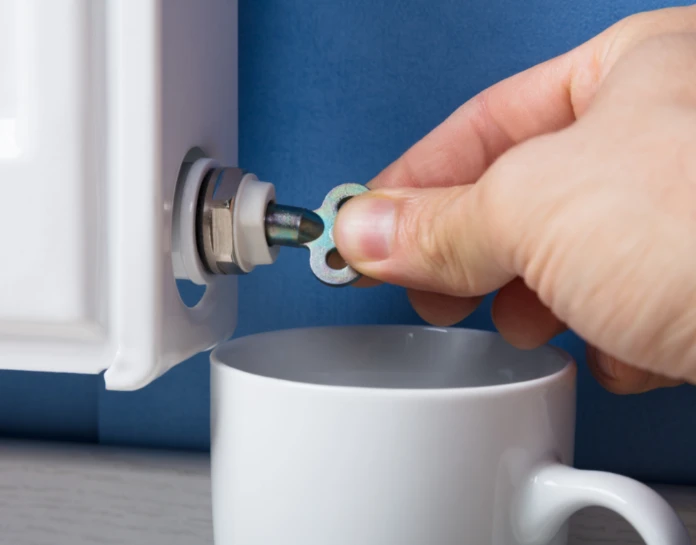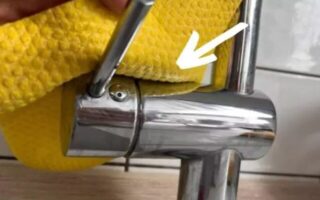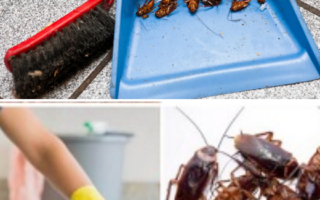If the radiators do not heat evenly, the problem may be due to air in the pipes. Radiator purging is a simple operation that you can easily perform yourself, which improves heating efficiency and prevents malfunctions. Remember to check the water pressure after flushing radiators.
When radiators do not heat evenly, the cause may not be a simple malfunction but an accumulation of air in the system. Fortunately, there is a simple and inexpensive solution to this problem.
Why do radiators heat unevenly?
If the radiators do not heat evenly, this is most often due to air in the pipes. This prevents the hot water from circulating properly and effectively heating the radiator. Result? A part of the radiator that remains cold or less hot than the rest.
How to solve the problem: purging radiators
The quickest and easiest way to solve this problem is to purge the radiators. This is easy to do on your own and takes just a few minutes. Here’s what you need to do:
Turn off the heating: make sure that the heating is turned off and the radiators are cold.
Find the drain: each radiator has a drain located at the top. Use a drain key or screwdriver to gently open the tap.
Air free: you will hear air escaping. Make sure there is no water escaping. Let the air escape completely until you see a small drop of water.
Turn off the tap: when water starts to come out, it means that air has been completely drained. Turn off the tap.
Check the pressure: after purging the radiators, check that the water pressure in the system is correct. If necessary, add water to the system via the filling tap.
The benefits of radiator purge
Regular radiator flushing not only improves the efficiency of the heating, but also prevents overloading of the system, thus reducing the risk of damage. It also reduces energy consumption and saves on bills.
When to purge radiators
It is advisable to purge the radiators at least once a year, preferably at the beginning of the winter season, in order to ensure optimal heating. If you notice that one part is heating slower than the others or that the radiator has cold areas, it may be time to purge.



